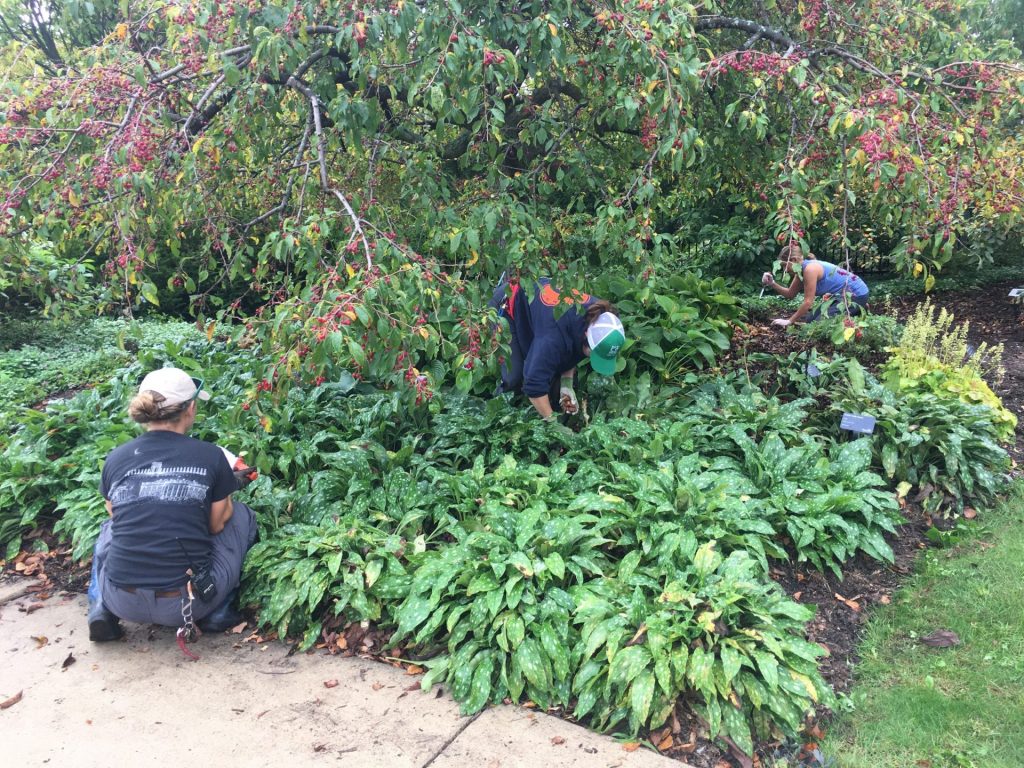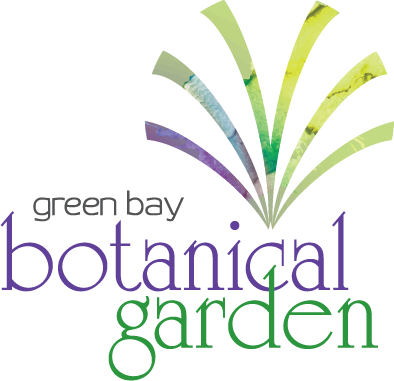There’s a lot to look forward to as you get older! Whether you’re racing towards retirement, hoping to be with family, or just happy to have more time to do what you love, it’s exciting to see what the future holds. On the other hand, aging can pose new health challenges and introduce the onset of disability.
It can be difficult to adapt to mobility issues, memory loss, or any number of other problems, especially when you may have been able bodied for most of your life. Whether you’re a longtime gardener or have yet to pick up a spade, gardening can be a great way to ease the stress of aging and strengthen your health!
Get a Brain Boost
Getting outdoors, soaking up the sun, and hearing the birds sing has a grounding effect. The natural environment provides a sensory experience strengthening your connection to your surroundings and your body. Plus, physical activity like tending to plants can boost your mood.3 In fact, studies have found gardening to promote creativity, increase self-esteem, and encourage social interaction in individuals with Alzheimer’s disease.2

Stay Active
Gardening also boasts many physical health benefits. Simple gardening tasks are great ways to improve gross and fine motor skills. In fact, studies have actually shown that gardening reduced the number and severity of falls significantly when introduced at residential care facilities.2

Create Your Dream Garden
To garden safely, it’s important to design a space that’s safe and meets your unique needs. Create a layout that’s easy to navigate. If you’re experiencing mobility issues, make sure that the ground’s surface is level, ensure that the space is wide enough for mobility aids, and if possible, install raised garden beds to bring the plants up to a more comfortable working height.
Reduce your risk of injury by selecting plants that don’t have thorns or pose additional dangers like skin irritation. As lovely as they are, plants like roses and mayapples may not be the best options. Labels are also be a good idea to help distinguish between different plants, especially for those experiencing memory loss.1

Dig in the Dirt
Engaging with a garden environment can look different for everyone! Simple activities like weeding, filling a bird feeder, and raking can be great for a gardener with a higher level of disability or someone who is less familiar with gardening. These activities also avoid using sharp tools that may be a hazard.2
If you’re looking for a laid-back experience, remember to keep the space small and prioritize low maintenance plants. If you like to tend to plants, but find that your health fluctuates, it might be best to find a buddy who can care for the garden when you may not feel up to it.
Plus, just being in a garden environment can be therapeutic. Grab a book or a good friend, and spend a few hours outdoors. Just remember to hydrate and wear sun protection!

We’re More Alike Than Different
This month, the Garden has partnered with Aspiro to promote their No Limits Ability Awareness Campaign which highlights how we’re more alike than different. Together, we aim to reduce the stigma around disability in the community, and show that having a disability doesn’t prevent people actively participating in activities like gardening
If you’re an avid gardener looking for more accessibility tips, consider these additional resources:
Sources
- “6 Gardening Tips for People Affected by Dementia.” Alzheimer’s Society, March 8, 2023. https://www.alzheimers.org.uk/blog/six-gardening-tips-dementia.
- Murroni, Veronica et al. “Effectiveness of Therapeutic Gardens for People with Dementia: A Systematic Review.” International journal of environmental research and public health vol. 18,18 9595. 12 Sep. 2021, doi:10.3390/ijerph18189595
- Porter Tiernan, Michelle. “Gardening Soothes the Soul.” Fisher Center for Alzheimer’s Research Foundation, 2008. https://www.alzinfo.org/pym/feature/gardening/.





